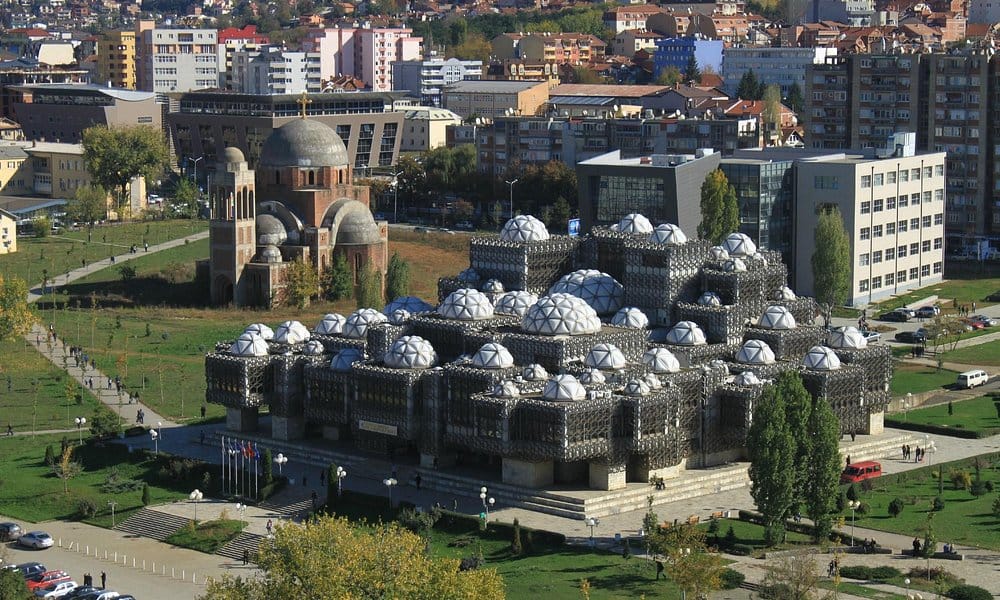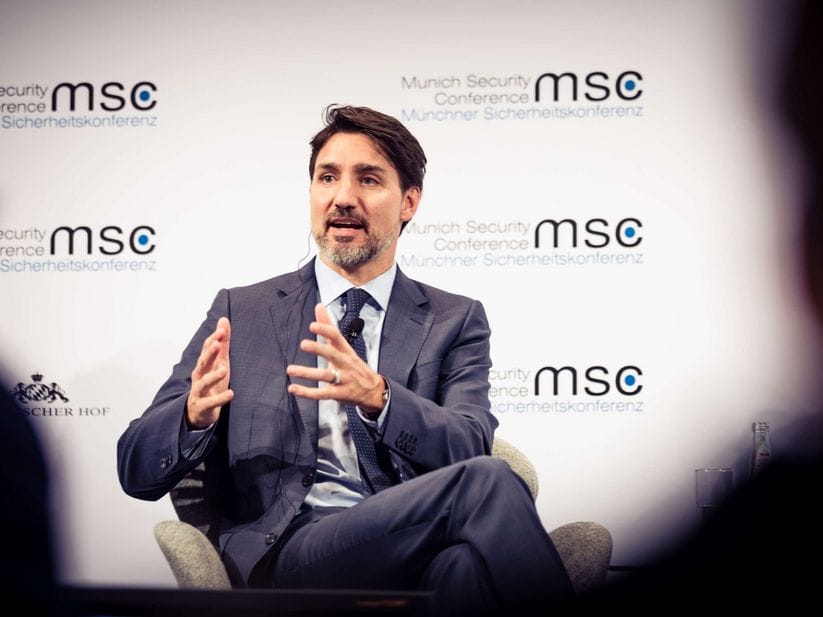Kosovo’s Prime Minister Albin Kurti emerged victorious in the country’s parliamentary elections, securing a significant win for his Self-Determination party (Vetëvendosje). The party obtained approximately 39.8 percent of the vote, according to unofficial results, reaffirming its position as the leading political force in this young Balkan nation. However, Kurti did not achieve the majority needed to govern without coalition support, leaving the country facing the challenge of navigating political partnerships in the coming months.
The election comes at a tense time for Kosovo, both domestically and internationally. Kurti’s government has faced increasing scrutiny and criticism from the European Union and the United States, primarily stemming from its handling of strained relations with the Serbian minority within Kosovo. This issue, often seen as a vital component of Kosovo’s future integration into European structures, continues to pose a significant challenge to Kurti’s administration.
A Divided Political Landscape
The results of the election underscore a fragmented political environment in Kosovo. While Self-Determination remains dominant, opposition parties, such as the Democratic Party of Kosovo (PDK) and the Democratic League of Kosovo (LDK), maintain considerable sway. The inability of Kurti’s party to secure an absolute majority reflects the broad spectrum of political views and divisions within the country.
Kurti’s administration has had a tumultuous relationship with Kosovo’s Serbian population, exacerbating diplomatic tensions with both Brussels and Washington. Measures such as the imposition of reciprocal policies on Serbia and the replacement of Serbian license plates with Kosovar ones have been divisive, leading to criticism from international mediators who have urged dialogue and compromise.
Western Criticism and Domestic Challenges
The election has also underlined the strained relations between Kosovo and its Western allies. Both the European Union and the United States, traditionally seen as strong supporters of Kosovo since its declaration of independence from Serbia in 2008, have expressed growing dissatisfaction with Kurti’s leadership. In particular, international mediators have been critical of what they view as a lack of progress in resolving tensions with Serbia and concerns about ethnic Serbs’ treatment in Kosovo.
Kurti, however, has defended his government’s policies, emphasizing national sovereignty and equality before the law as guiding principles. His supporters argue that the measures reflect a long-overdue assertion of Kosovo’s independence and a pushback against Serbian influence. Despite these defenses, international partners remain wary, with some suggesting that Pristina’s current trajectory could jeopardize future economic and political support.
The Western criticism extends beyond Serbia-Kosovo relations, as Kosovo continues to struggle with economic and governance challenges. Unemployment remains high, particularly among the youth, while institutional reforms to combat corruption and strengthen public administration have progressed slowly.
Searching for Coalition Partners
Faced with the prospect of a coalition government, Kurti’s Self-Determination party must now engage with other political groups to form a functioning executive. This will likely involve difficult negotiations and compromises that could dilute some of the party’s more transformative policy objectives.
Political commentators suggest that securing a stable coalition might be particularly challenging given the ideological divides between Self-Determination and other major parties. While Kurti’s party has championed populist, nationalist policies, other parties have emphasized improving economic stability and governance.
The task of forming a coalition becomes even more pressing as Kosovo faces several looming deadlines and decisions, including the ongoing negotiations with Serbia mediated by the EU. Failure to resolve these disputes could delay Kosovo’s aspirations for Euro-Atlantic integration.
Regional Implications
Kosovo’s elections have ripple effects beyond its borders, highlighting the fragile stability in the Western Balkans. As an independent nation striving for international recognition and integration into bodies like the EU and NATO, Kosovo’s political maneuvers are closely watched by its neighbors and international stakeholders.
The unresolved tensions with Serbia, which refuses to acknowledge Kosovo’s independence, remain a flashpoint for regional stability. Efforts to normalize relations have stalled repeatedly, and the EU-led dialogue has made only limited headway. Analysts emphasize the importance of diplomatic engagement from all parties to avoid further escalation.
Conclusion
Prime Minister Albin Kurti’s election win reinforces his influence in Kosovo’s political landscape but falls short of delivering the mandate needed for unilateral governance. With mounting domestic challenges and increasing scrutiny from international partners, Kurti’s leadership in the coming months will shape Kosovo’s trajectory not just within its borders but also in the broader regional and international context.
As the country awaits the formation of a new government, the stakes remain high for its political stability and ambitions of European integration. The path forward demands careful navigation of domestic division, regional tensions, and the expectations of Western allies—a task that will test the resilience of Kurti’s administration and Kosovo’s democratic institutions.



